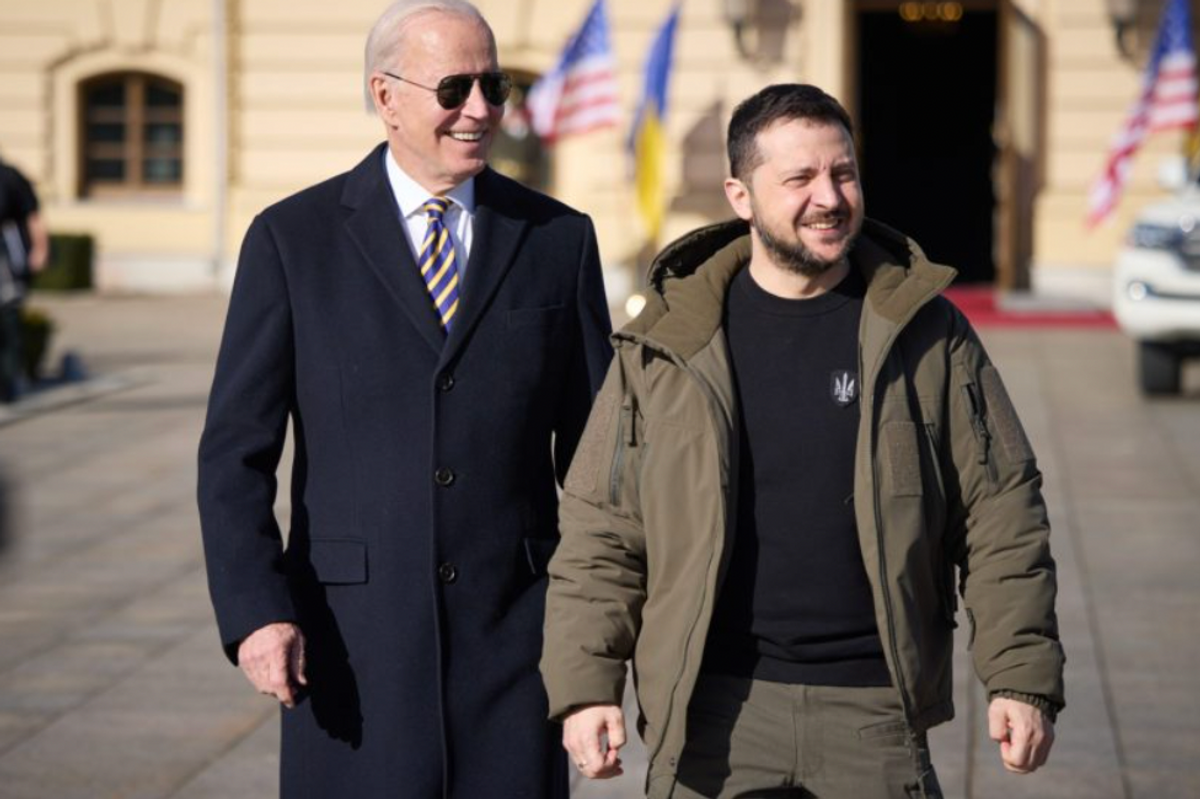Turkey has often been seen as a bridge between Europe and the Middle East, and recent events have further complicated this identity.
The country has been a candidate for entry into the European Union since 1999, but many within Europe argue that it does not match the so-called European culture. Whereas Europe has been grappling with increasing diversity — as shown by the French burqa debacle — Turkey is 99.8 percent Muslim. Religion and culture shouldn’t be the main qualifications for entry into the EU, but these characteristics have certainly made Turkey’s acceptance a more difficult journey.
Now, more than a decade into its EU candidacy, Turkey is trying to deal with domestic challenges while portraying a more Westernized image to Europe. The treatment of the Kurdish people, who comprise about 18 percent of Turkey’s population, has long been a human rights concern, and their calls for greater autonomy have recently erupted into violence: Kurdish rebels have intensified their attacks since July, resulting in the deaths of more than 30 Turkish soldiers. In response to the deaths of seven more soldiers Wednesday, the military has launched a ground offensive in the predominantly Kurdish Hakkari province.
The attacks, including roadside bombs and automatic rifle fire, have been coordinated by the Kurdistan Workers’ Party, or PKK, a group fighting for more rights and independence that is considered a terrorist organization by the EU and United States. Tens of thousands of people have been killed in the conflict since 1984, with periodic increases in bloodshed. According to the AP:
Dismayed that attacks are continuing during the holy month of Ramadan, Prime Minister Recep Tayyip Erdogan this week also hinted at tougher military action against the rebels after the end of the month of piety for Muslims, saying Turkey is at the end of its tether.
Some news reports speculated that Turkey is considering renewed cross border incursions into northern Iraq where the PKK maintains bases. Turkey has frequently launched air strikes or sent soldiers across the border to fight the rebels.
The conflict is not only hurting Turkey internally: it’s also making the country seem more similar to its Middle Eastern neighbors than to Europe. The more Turkey has to grapple with ethnic violence, the less likely it will join the EU soon.
Then again, with the persistent economic woes in the Eurozone, perhaps both Turkey and her Western neighbors are content with the status quo.


